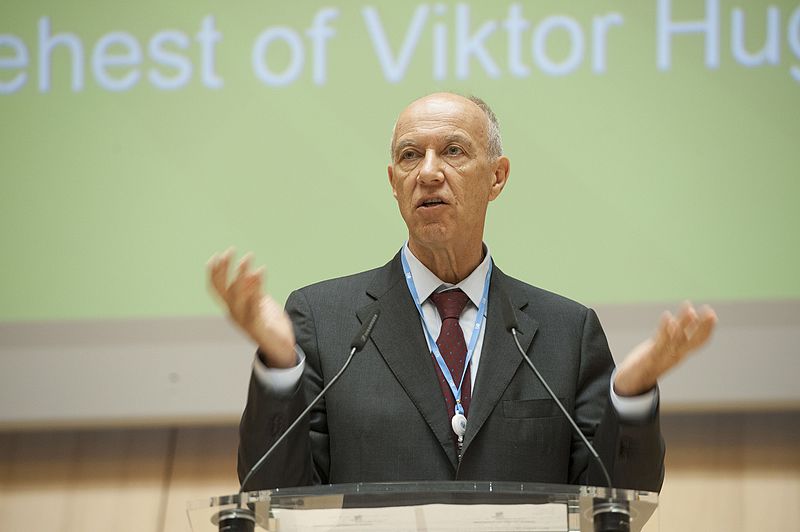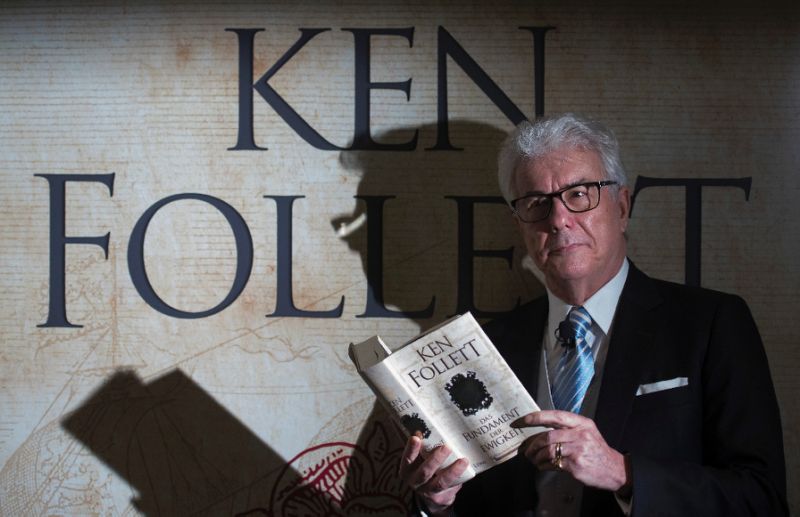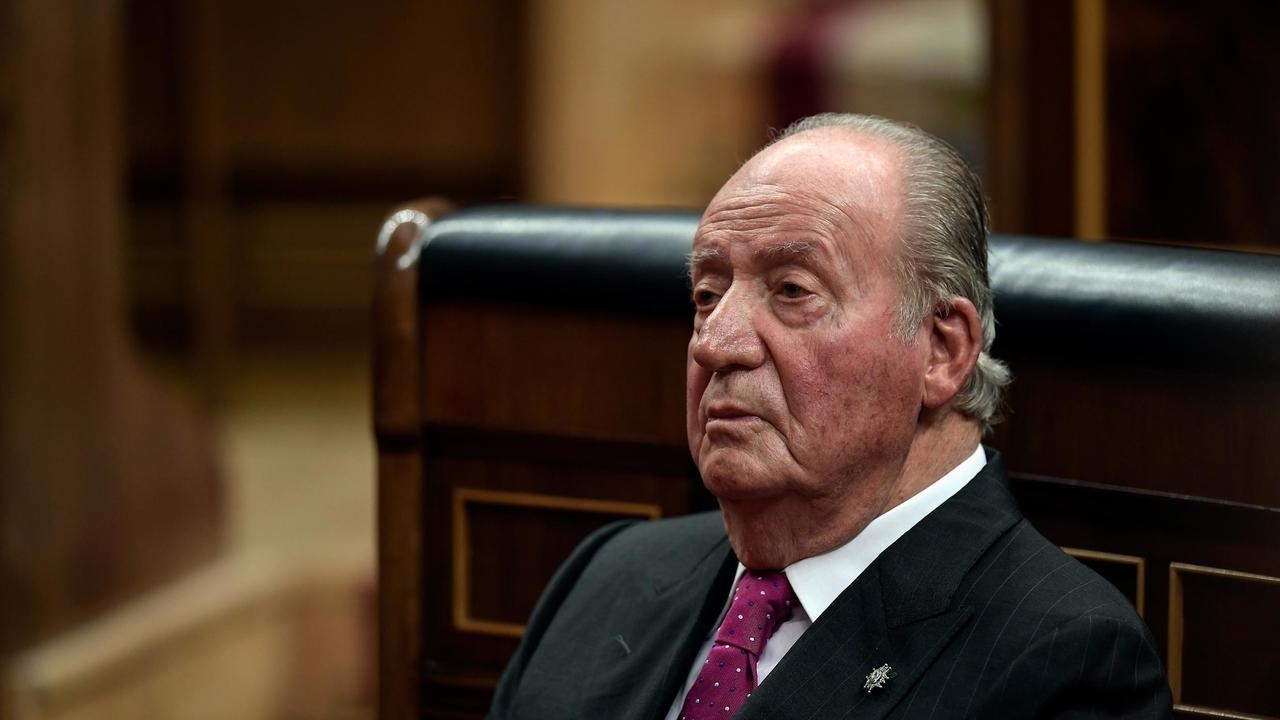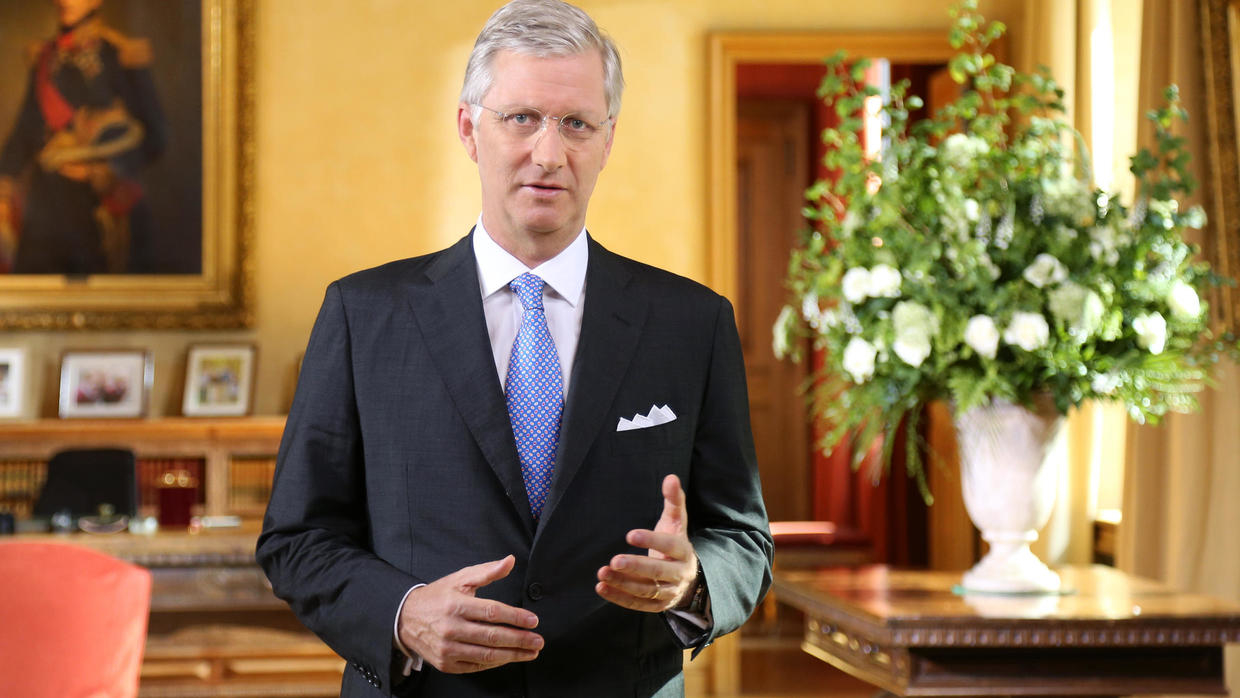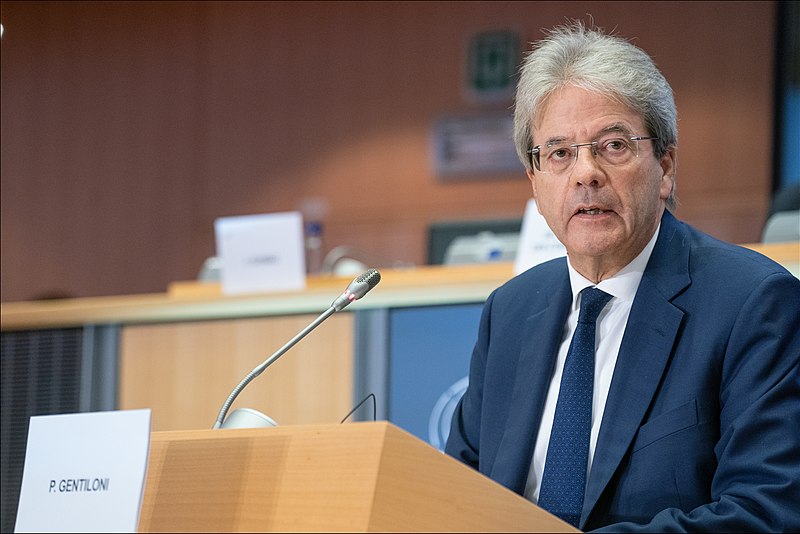
We, like our readers, believe in magic since childhood. But, through the years, this beliefhas only been covered with layers of adult attitudes and everyday problems.
Although some people still believe in miracles, and what is interesting, they write about magic. Shortly before New Year, the correspondent of our publishing house spoke with I., famous children’s writer in Europe.
Corr.: Hello Iryna, let’s talk about your new book. Please, tell us what your fairy tale is about.
I.K.: Hello! It’s tough to describe it in a couple of words. In general, this fairy tale is about magic, love, family values, about modern parents and children’s modern life.
Corr.: What’s the difference between the fairy tale about Lubomiksy and many others in book stores?
I.K.: You are right. There are a lot of fairy tales. To start with,we will go to the distant past and remember that fairy tales were created a long time ago in primitive society. The primary purpose was to entertain and learn your audience. So, I didn’t shift away from that (laughing). My mission is to amuse, learn, highlight the main problems of modern society and find a way of solving them.
Corr.: Does it mean you created a vital social product?
I.K.: You can estimate it after reading. I think that “Lubomiksy” is a classic magic book. There are a starting point, a storyline and a happy end with magical helpers. There is an apparent social relevance in the piece, but everyone sees something they want to see.
Corr.: What motivated you when you were writing the fairy tale?
I.K.: I was lead by a desire to please kids. Our family reads a lot; our children listened, read, and watched a great number of fairy tales, myths, epics and exemplum, which left strongimpressions in a soul. Children took problems of characters personally. They were often depressed because of fairy tales. We looked for something modern, magical, and mixed-aged. That is when the idea to write a magic story for them was born. Consequently, children are my motivators.
Corr.: I’ve read the fairy tale, and I can call it a bestseller in earnest.
I.K.: Oh, thanks a lot! Of course, I want it to become one.
Corr.: I am an adult man, but when reading it, I went deeper into this cosy world, filled with childhood and peace. How did you manage to show this feeling of “childishness”?
I.K.: Probably, because I’m bringing up small kids notmore than a year apart and staying with them in this blissful state. I do feel children’s needs.
Corr.: There were a lot of children near you when I was walking towards you in the cafe hall. Are they your little fans, aren’t they?
I.K.: Children are always near me. Whether they are mine or not, or were passing by. I love children, and they love me. The book has already its fans, and, what is crucial for me, my children also love it.
Corr.: Why did you write the New Year fairy tale?
I.K.: I did it cause it’s based on real family events, and it was written for my kids.
Corr.: How was the idea of Lubomiks, the main hero, created?
I.K.: He was made up by my elder daughter. I just developed the plot finding significant popularity among my kids, my friends’ children, our friends and then the general public.
I.K.: My fairy tale was recently published in polish. It’s an important milestone for my biography as a writer. Piotr Fast, the historian of Russian literature, translated my book into the Polish language. He is famous because he translated works of such authors as Joseph Brodsky, Eugene Rein, Nikolay Rubtsov, Yuri Druzhnikov, Ilya Ehrenburg and many others from Russian into Polish. He is an award winner of the Minister of Public Education of Poland, awarded with bronze, silver and gold crosses for merits and the Alexander Pushkin medal.
Corr.: Thank you! I wish you great success! Our newspaper office is looking forward to the new stories for our children and us!
Interviewed by Igor Serebrennikov
























